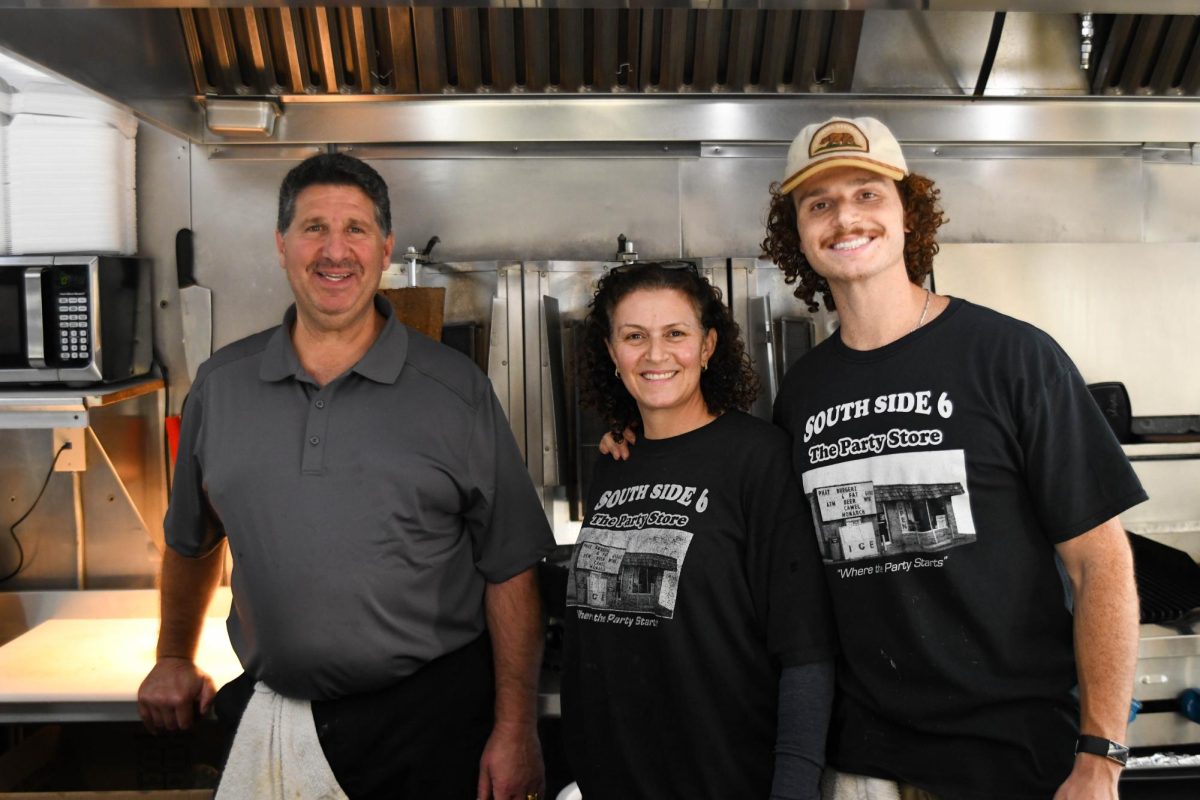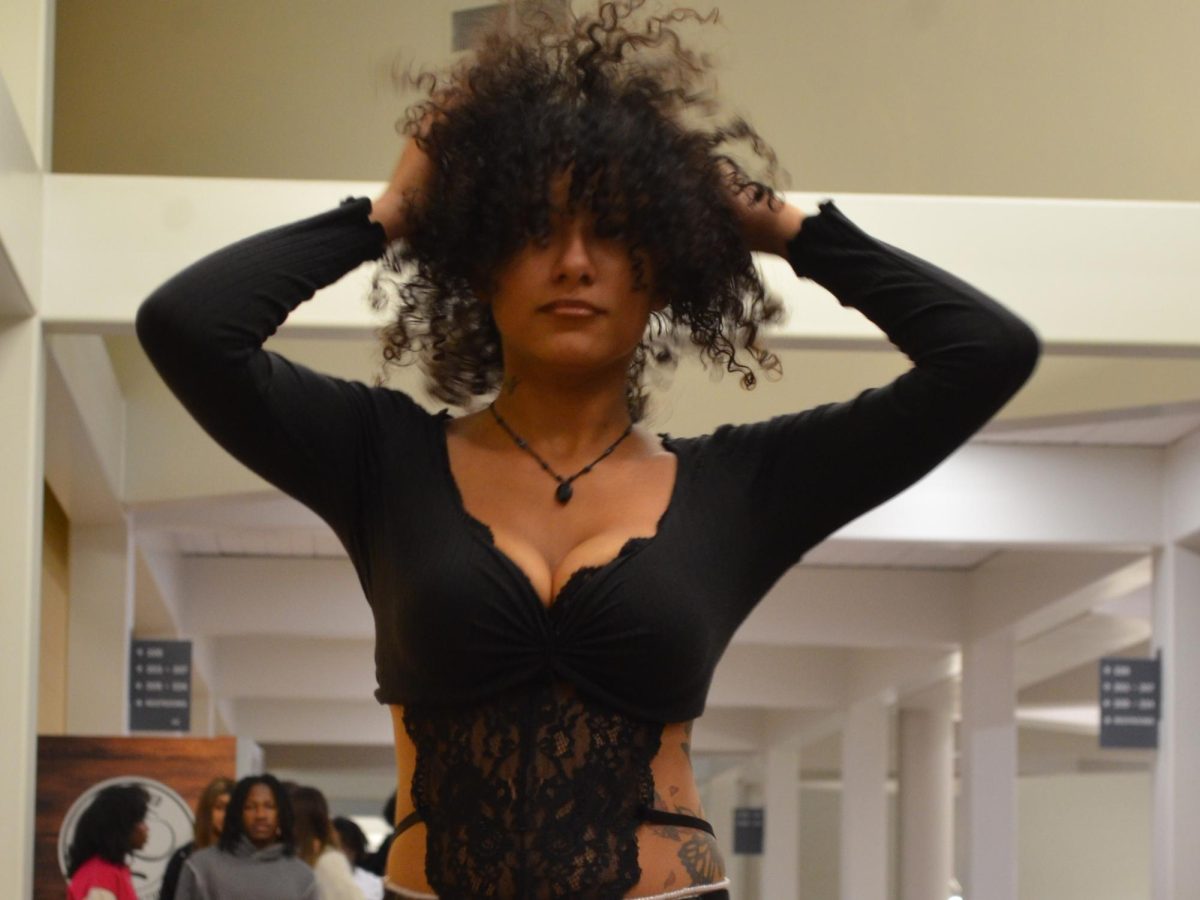Choosing to get an abortion is a tough decision, but what if a woman’s right to choose was taken away?
Speaking to a crowd of students and the public last night in 111 Olscamp, working professionals addressed the misperceptions, stereotypes and stigmas women face when confronted with the decision to get an abortion.
NARAL, the on-campus pro-choice organization, started this summer in an effort to give students an opportunity to support and enhance their ideals toward abortion.
Jeanette Beal, senior, is president of NARAL and said the group is designed to be an educational resource and an advocate for women.
“Our hope is to be a prochoice voice in this area, in this county,” Beal said. “To provide resources to women regardless of race, class, gender identity across the board.”
Jeannie Ludlow, professor of women’s studies and faculty advisor for NARAL, spoke about the legal, medical and social challenges facing women and their right to choose.
The number of doctors who give abortions is dropping rapidly and the number of places where abortion procedures are performed is declining also.
Young doctors are not trained to give abortions, medical students will not commit to it, and there is a fear of violence against clinics.
According to Ludlow there is alot of misinformation, like multiple abortions do not lead to infertility.
It is a hot-button issue right now because state representatives will be making choices about abortion one day, Ludlow said.
“If you want abortion to remain legal, speak out, say something,” Ludlow said.
Elisabeth Sowecke, who graduated from the University in May, is a patient advocate at the Center for Choice clinic in Toledo.
The problem lies in federal support for abortion clinics, Sowecke said.
“There is a shortage of abortion clinics in the US. Ninety-one percent of counties in Ohio don’t have any kind of an abortion provider. We have women who drive up to two hours to come to our clinic,” Sowecke said.
In countries where abortions and birth control aren’t covered by healthcare, larger numbers of people are getting abortions.
For countries who do cover the cost for birth control and abortions, the numbers are quite low.
She said that the new nominees for the Supreme Court will have great influence in changing future abortion policy.
“There is a common misperception that Roe vs. Wade will never be overturned and unfortunately the more research you do the more you’ll realize that it’s quite untrue. There’s actually a large possibility that it could be overturned within the year,” Sowecke said.
Sowecke would like to destigmatize a woman’s right to choose and disprove the stereotypes of those who make the decision to get an abortion.
“Because abortion has such a stigma, it gets pushed into a corner and the only time anybody addresses the situation is when they’re in the situation to get an abortion. At which point they don’t want to talk about it afterwards because they would like to keep it to themselves and keep it private,” Sowecke said.
Kathy Juhasz works for Planned Parenthood of Northwest Ohio and spoke about local government’s stance on sex education.
Health but not sex education is mandatory in any Ohio school. The Ohio State Health Department supports abstinence only funding meaning it will only fund educational endeavors that teach abstinence.
The U.S. still has the highest rate of teen pregnancy in the industrialized world. And Lucas County has the highest teen birth rate of the seven metro counties in Ohio, she said.
For more information students can visit www.Naral.org and www.prochoiceamerica.org.







